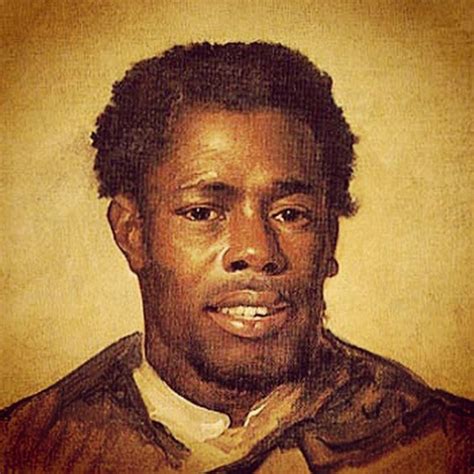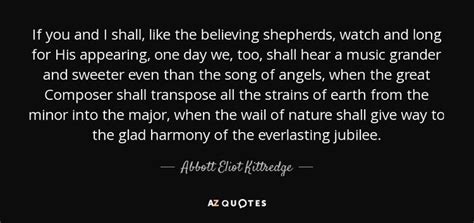A Quote by Maria Monk
I have hardly detained the reader long enough on the subject, to give him a just impression of the stress laid on confession. It is one of the great points to which our attention was constantly directed.
Related Quotes
To a mind like mine, restless, inquisitive, and observant of everything that was passing, it is easy to suppose that religion was the subject to which it would be directed; and, although this subject principally occupied my thoughts, there was nothing that I saw or heard of to which my attention was not directed.
Unless we realize our sins enough to call them by name, it is hardly worth while to say anything about them at all. When we pray for forgiveness, let us say, "my temper," or "untruthfulness," or "pride," "my selfishness, my cowardice, indolence, jealousy, revenge, impurity." To recognize our sins, we must look them in the face and call them by their right names, however hard. Honesty in confession calls for definiteness in confession.
Consider for a moment what you pay attention to all day long. What seems important to you, what do you take for granted and hardly attend to at all? Write it down. Do not judge your answers. Be honest and simple. As you keep track all week long, you'll be amazed at what claims your attention, what you give your precious life force to.
I wanted to pack a lot into the lyric, but not go beyond its bounds. Some have written that I wanted to expand what the lyric could do. I just want the hugeness of experience-which includes philosophical discursiveness-to move at a rate of speed that kept it (because all within one unity of experience) emotional. Also, often, questions became the way the poems propelled themselves forward It brings the reader in as a listener to a confession[.] A poem is a private story, after all, no matter how apparently public. The reader is always overhearing a confession.
I don't want to give the impression that I'm a great Bible reader. I don't sit down every day and read for an hour through the Bible. But I really do read it with a great deal of pleasure... which is the last thing I would have suspected. So I read it sometimes as a devotional, but really more, not for fun, but because it's fascinating.
I'm under stress. They killed me on wikipedia. They killed me. And I didn't stay dead long enough to sell no DVDs. I didn't even stay dead long enough - I was too stupid. I should've stayed low. I should've laid low. I could've been gone for a year; I'd have made money. And then I'd have risen from the dead.
We spend our lives, all of us, waiting for the great day, the great battle, or the deed of power. But that external consummation is not given to many: nor is it necessary. So long as our being is tensed, directed with passion, towards that which is the spirit of all things, then that spirit will emerge from our own hidden, nameless effort.
The writer, like a swimmer caught by an undertow, is borne in an unexpected direction. He is carried to a subject which has awaited him--a subject sometimes no part of his conscious plan. Reality, the reality of sensation, has accumulated where it was least sought. To write is to be captured--captured by some experience to which one may have given hardly a thought.



































